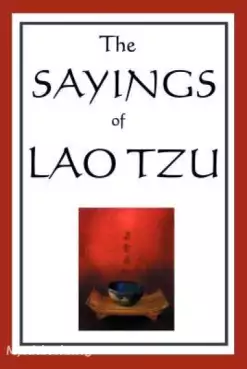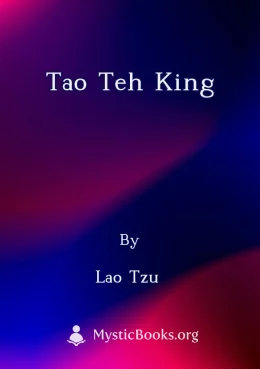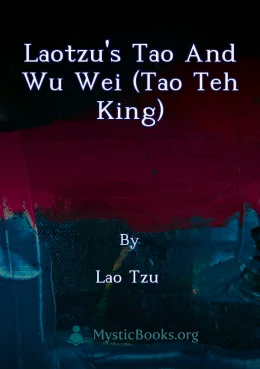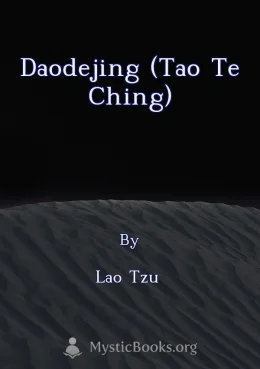
Timeline
Title
Country/Nationality
Lao Tzu
Laozi also rendered as Lao Tzu or Lao-Tze courtesy name Boyang, was an ancient Chinese philosopher and writer. He is the reputed author of the Tao Te Ching,[6] the founder of philosophical Taoism, and a deity in religious Taoism and traditional Chinese religions.
A semi-legendary figure, Laozi is usually portrayed as a 6th-century BCE contemporary of Confucius in the Spring and Autumn period. Some modern historians consider him to have lived during the Warring States period of the 4th century BCE. A central figure in Chinese culture, Laozi is claimed by both the emperors of the Tang dynasty and modern people of the Li surname as a founder of their lineage. Laozi's work has been embraced by various anti-authoritarian movements, and has had a profound impact on subsequent Chinese philosophers, who have both commended and criticized his work extensively.
In the mid-twentieth century, a consensus emerged among scholars that the historicity of the person known as Laozi is doubtful and that the Tao Te Ching was "a compilation of Taoist sayings by many hands". The earliest certain reference to the present figure of Laozi is found in the 1st century BCE Records of the Grand Historian collected by the historian Sima Qian from earlier accounts. In one account, Laozi was said to be a contemporary of Confucius during the 6th or 5th century BCE. His personal name was Er or Dan. He was an official in the imperial archives and wrote a book in two parts before departing to the west. In another, Laozi was a different contemporary of Confucius titled Lao Laizi and wrote a book in 15 parts. In a third, he was the court astrologer Lao Dan who lived during the 4th century BCE reign of the Duke Xian of Qin. The oldest text of the Tao Te Ching so far recovered was part of the Guodian Chu Slips. It was written on bamboo slips, and dates to the late 4th century BCE.
According to traditional accounts, Laozi was a scholar who worked as the Keeper of the Archives for the royal court of Zhou. This reportedly allowed him broad access to the works of the Yellow Emperor and other classics of the time. The stories assert that Laozi never opened a formal school but nonetheless attracted a large number of students and loyal disciples. There are many variations of a story retelling his encounter with Confucius, most famously in the Zhuangzi.
He was born in a village before the Qin and Han dynasties. He was said to be the son of the Censor-in-Chief of the Zhou dynasty and Lady Yishou . In accounts where Laozi married, he was said to have had a son who became a celebrated soldier of Wei during the Warring States period.
Books by Lao Tzu

The Sayings of Lao Tzu
Lao-Tzu, also known as Laozi was a Chinese philosopher believed to have lived in the 6th century BCE and is credited with writing the Tao-Te-Ching which centers around the idea that the way of virtue lies in simplicity and a recognition of a natural,...

Tao Teh King
Lao-Tze's Tao Teh King illuminates The Tao: a guiding principle of the universe and all within it. By exploring the nature of dualities and complements, Lao-Tze dissects strength and weakness; presence and absence; life and death. The Tao Teh King ha...

Laotzu's Tao and Wu Wei (Tao Teh King)
The Tao Te Ching, also known as the Tao and Wu Wei, is an ancient Chinese text attributed to the philosopher Lao Tzu. It is a collection of 81 short chapters that offer insights into the nature of reality, the meaning of life, and the path to persona...

Daodejing (Tao Te Ching)
Das Daodejing, auch bekannt als Tao Te Ching, ist ein klassischer chinesischer Text, der dem legendären Philosophen Laozi zugeschrieben wird. Es handelt sich um eine Sammlung von 81 Kapiteln, die kurze, prägnante Sprüche und Aphorismen enthalten, die...